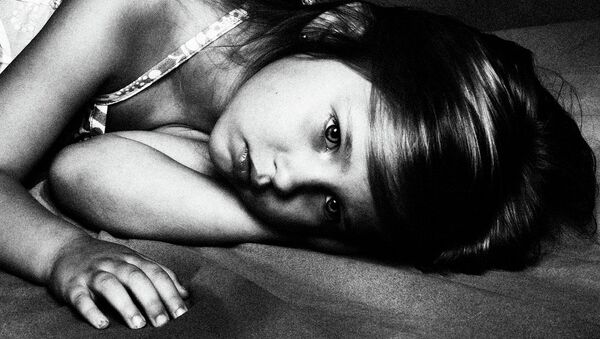The landmark case was brought to the High Court in London by Birmingham City Council and West Midlands Police; the injunctions were granted by the judge to protect a teenage girl at the centre of an abuse enquiry.
If the men breach the banning orders, they could be jailed for up to two years for contempt of court. West Midlands Police say the ‘innovative’ injunctions could be used to protect up to 75 children from being sexually exploited.
Detective Chief Superintendent Danny Long, head of the West Midlands Police Public Protection Unit, said: "The injunctions are incredibly restricting. They do not allow any contact, in any form, with any girl under 18 years of age, unless they can prove they know them. The onus of proof is on them. If they are found in the company of a vulnerable child by police or children’s services an application will be made to immediately send them to prison”.
It’s thought the decision by the judge to grant the anti-grooming orders will help councils protect vulnerable victims in their care from abuse without them having to go through the ordeal of a criminal trial.
Peter Hay, from Birmingham City Council said despite not having enough evidence for a criminal conviction at the moment, “We do have enough information to obtain injunctions – these use a lower evidence threshold and the balance of probability. This is a ground-breaking approach, finding new ways to protect victims”.
However Bharti Patel, Chief Executive Officer for ECPAT UK, a charity that campaigns to end the sexual exploitation of children, says the injunctions should not be a substitute for a specific child exploitation offence. “Adequate sentencing is also necessary not just as in a punitive measure, but also as a preventive measure.
Injunctions such as these should be seen as one of the tools to help prevent sexual exploitation. It is important those individuals who are a risk to children should be prevented from approaching and establishing relationships with victims and potential victims.
Sexual Violence particularly of children is often addressed as a criminal concern. Much could be gained in terms of preventing abuse of children by adopting a public health approach to sexual violence”.
The sheer scale of abuse and the number of young girls and women who were systematically targeted over many years in Britain is far bigger than anyone had imagined.
In August 2014, an Independent Inquiry into Child Sexual Exploitation in Rotherham revealed that around 1,400 children were sexually exploited from 1997 to 2013. Over a third of girls were known to social services to be vulnerable, and workers in care homes knew child sexual exploitation was a serious problem in the town.
Dr Bernard Gallagher, a child protection expert from the University of Huddersfield believes that social issues which render some young people vulnerable in the first place must be addressed. “For example, inadequate parenting, and then inadequate care if placed in state care, and we must also address male socialisation, by which some men have come to the belief that it is acceptable to abuse young people.
Dr. Gallagher does believe injunctions like these imposed by the High Court in London are an effective method for preventing child sexual exploitation.
“Civil measures – such as these – are a quite grave step and as such should be utilised only in quite serious circumstances, and only after careful and proper consideration by the appropriate authorities (in this instance, Birmingham City Council, the police and the court). I believe these measures have been granted after due consideration and they are being used to address a very serious issue.
At the same time, we should not rely excessively on such measures. There are a whole plethora of measures that have to be taken, such as ensuring offenders are prosecuted where possible or are otherwise deterred by the police; educating young people to the risks; and ensuring that young people who are at especially high risk receive the support they need, for example counselling services”.
Along with imposing the injunctions, the judge lifted a ban on naming the men from the Midlands following legal arguments made by members of the British press.
Mohammed Anjam, 31, Omar Ahmed, 27, Naseem Khan, 29, Mohammed Javed, 34, Shah Alam, 37, and Sajid Hussain, 40, are banned from contacting the teenage victim and approaching any female under 18 in a public place with whom they are not already personally associated.


